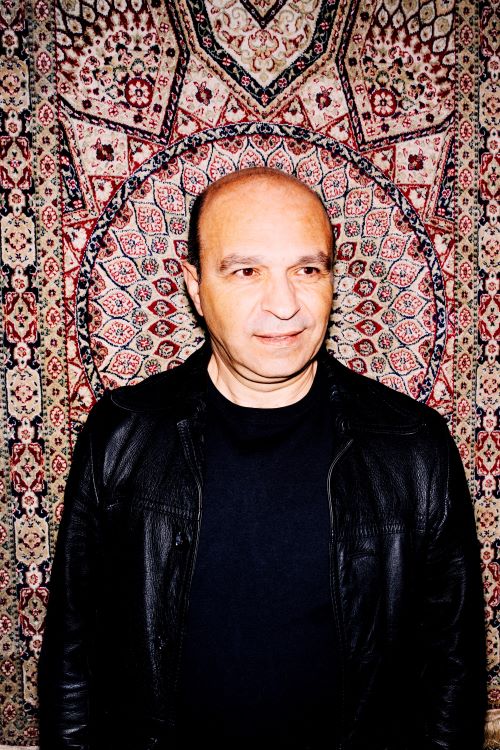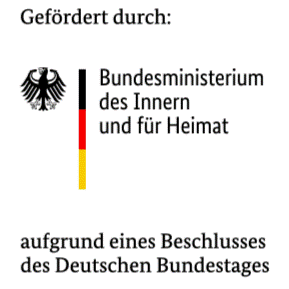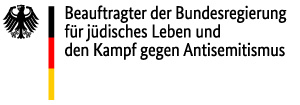Ata Canani
(geb. 1963 in Kahramanmaraş, Türkei)
„Letztendlich geht es doch um eins: Alle Menschen dieser Erde, alle wollen glücklich sein!“ *
Ozan Ata Canani ist ein türkisch-deutscher Musiker, der den Gastarbeiter:innen in Deutschland eine Stimme gab.
Bereits als Kind komponierte und spielte Canani eigene Lieder im Familienkreis und auf Hochzeiten. Sein Vater fand 1971 als Gastarbeiter in einer Schweißerei Anstellung, und schenkte seinem Sohn eine Bağlama (Langhalslaute), um ihn für den Umzug nach Deutschland zu begeistern. Der damals Elfjährige tat sich zunächst schwer, sollte aber schon bald als musikalisches Wunderkind den türkischen Rock’n’Roll in deutscher Sprache begründen.
Seine Texte geben die soziale wie finanzielle Ausbeutung und Diskriminierung der in Deutschland lebenden Gastarbeiter:innen wieder. Als „billige Arbeitskräfte“ wurden sie zwar gerufen, gleichzeitig war ihr Aufenthalt aber an die Erwartung geknüpft, dass sie sich nach getaner Arbeit wieder zurück in ihre Heimatländer begeben. Schmierereien wie „Ausländer raus!“ und „Türken verboten!“ verdeutlichten diese Haltung und wurden zum Zündstoff für Ata Cananis bekanntestes Lied ‚Deutsche Freunde‘, womit er die Politiker:innen in Bonn adressierte. „Geteilt in zwei Welten“ heißt es in der letzten Strophe und er singt weiter „Ich bin Ata und frage euch, wo wir jetzt hingehören“. Die Aufnahme, die als Kassette nur in türkischen Läden verkauft wurde, sowie auch sein weiteres musikalisches Œuvre fanden damals keine Resonanz in der deutschen Öffentlichkeit.
Erst 2013, als Imran Ayata und Bülent Kullukcu die Kompilation „Songs of Gastarbeiter“ veröffentlichten, erfuhren Ata Canani und sein Werk die längst überfällige Würdigung. Sein Debütalbum „Warte mein Land, warte“ veröffentlichte er 2021 – mit etwa vierzig Jahren Verspätung.
* https://deutschlandlieder.de (10.3.2023).






